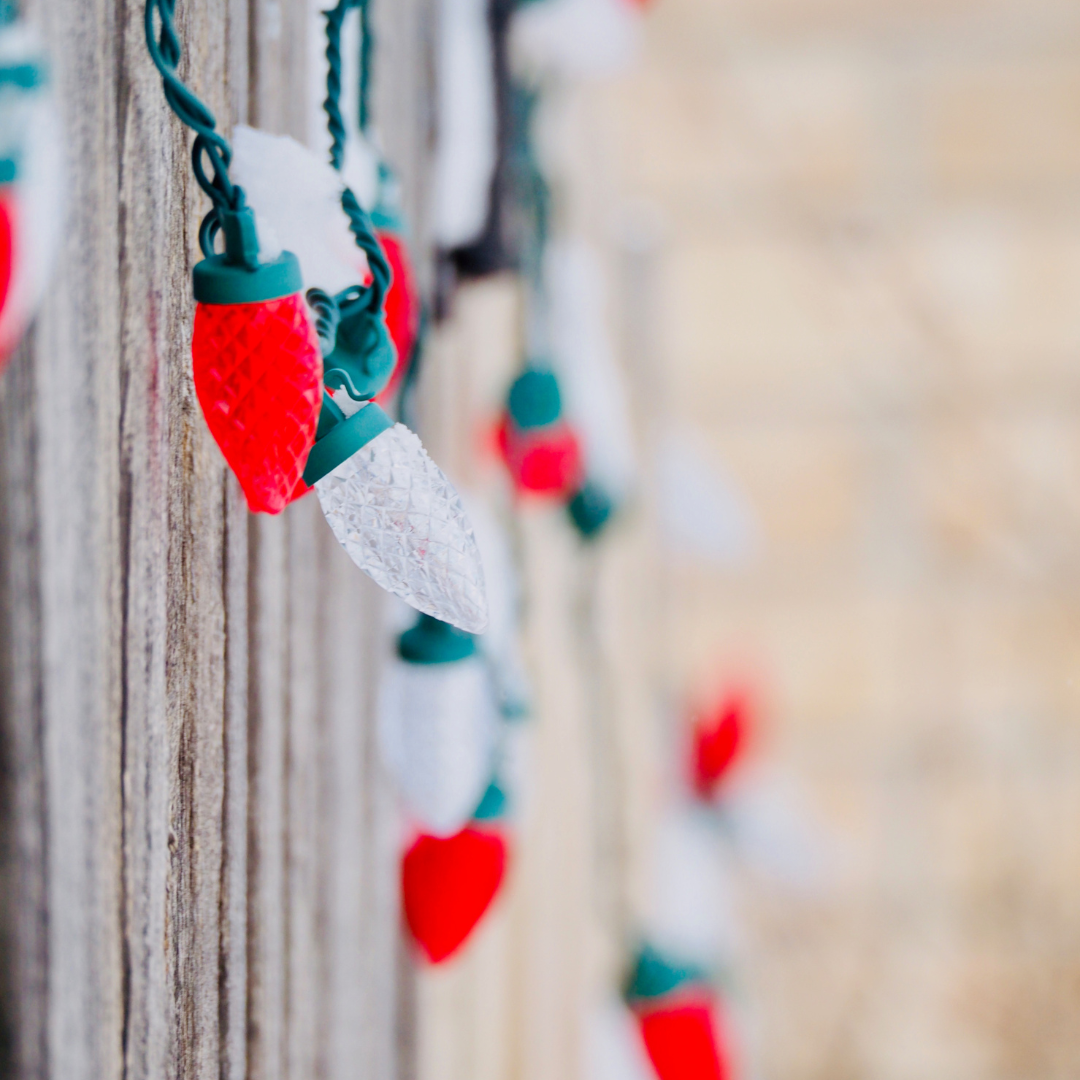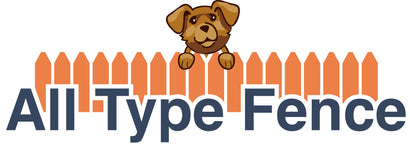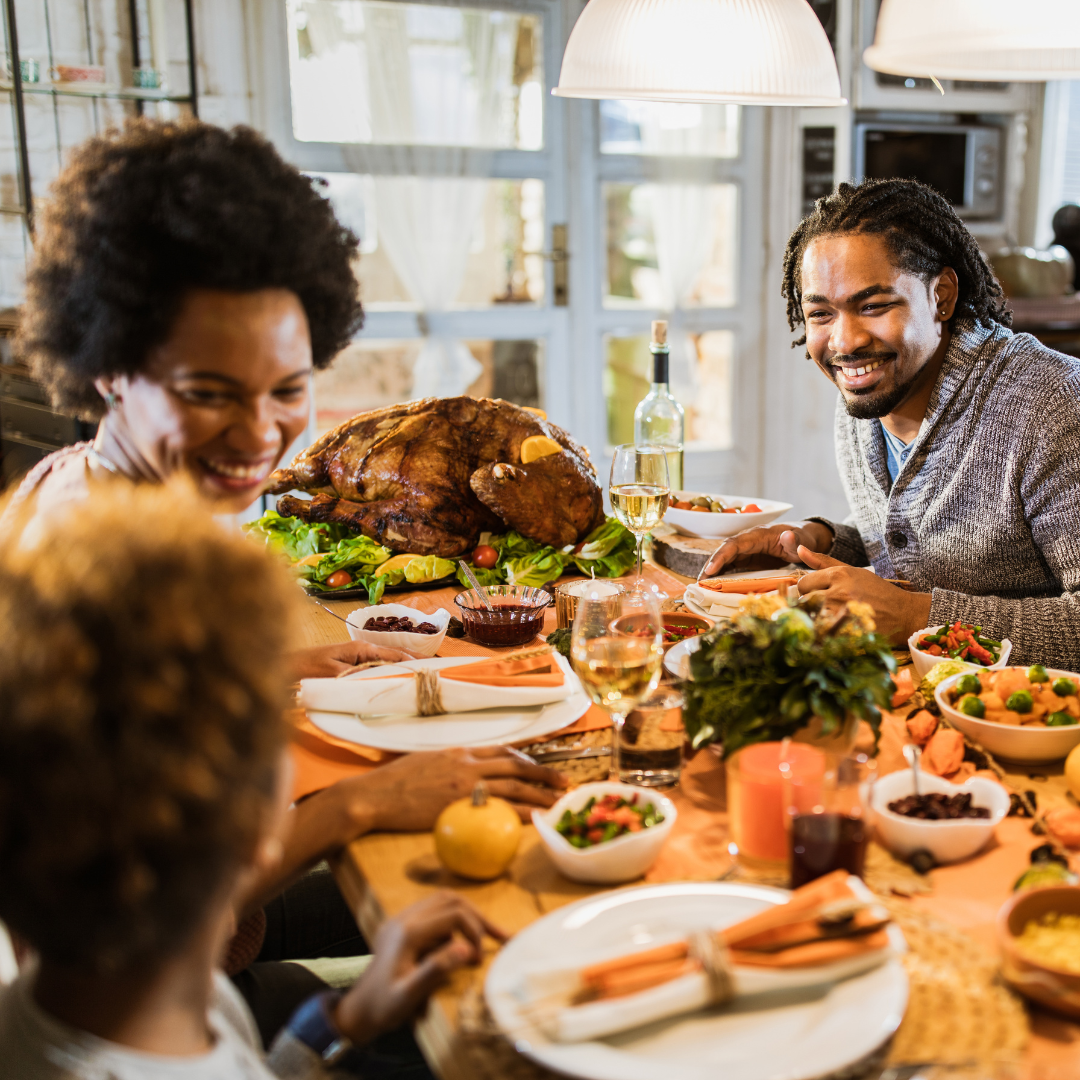Serving Douglassville, King of Prussia & beyond since 1953
Serving Douglassville, King of Prussia & beyond since 1953
Residential
Service & Install
About

Selecting a Farm Fence
Installing a fence on your farm is a task can be overwhelming. Before purchasing a fence, consider all your options and how they will best suit your farm to save your time, money and maintenance in the long run.
Wood Fences: Traditionally, wood was the best choice for fencing, often cut and milled right off the farm. A wooden farm fence has a life expectancy of about 20 years with a regular maintenance schedule, including painting or staining every few years. Vinyl-coated wood can dramatically increase a wooden fence’s life span. Wood is not as frequently used today for perimeter fencing of large pastures, but its strength makes it a good choice for small pastures, handling facilities and paddocks designed to separate bulls or stallions from cows or mares. It also makes affordable riding arenas.
Barbed Wire Fences: Barbed wire is difficult to work with—inevitably tearing up pants, gloves and skin if it has half the chance. It’s also dangerous to animals that get caught in it. Barbed wire is, unfortunately, the only “legal fence” in some states, yet it’s often illegal under local government codes if you live in a town or a subdivision.
Woven Wire Fences: Sheep, goats, pigs and chickens are difficult to contain. They climb, dig or fly through many fences, so for years woven wire has been the choice for these animals. It’s also used by many horse owners—as horses are less likely to get tangled in woven wire than in barbed wire—and because of its sturdiness, it’s often used for corrals and night-holding pens in areas with predator problems. A well-made, woven wire fence can last for 20 years with moderate maintenance—unless you live in a high-snow region where the weight of the winter’s snow tends to pull it down. Initial construction of a woven wire fence requires heavy-duty wooden posts to support the weight.
High Tensile Wire Fences: High-tensile wire fencing is effective in both smooth and woven wire designs. Unlike traditional galvanized wire, high-tensile wire is extremely strong and has a life expectancy up to 50 years, with minimal maintenance. Initial construction costs are higher, and it requires specialized equipment and skills that the DIY fence builder might not have, but it is one of the most economical and trouble-free fences over the course of many years. It is both durable and heavy duty.
Synthetic Fences: Synthetic fencing often comes with a lifetime guarantee against discoloration, rusting, peeling, rotting or splintering. There are many types of synthetic fencing. PVC fencing is hollow rails sunk into heavy-duty posts. High-tensile polymer rail fences are flexible systems where rails slide through post-mounted brackets. Rail sizes can vary, but are designed to flex upon impact to reduce livestock injury.
Like high-tensile fences, PVC requires more of an up-front expenditure, specialized tools and skills to install, but with their longevity, their long-term cost is very reasonable. Because of their cost, they are most often used for horses and exotic animals, like llamas, alpacas or emus, in suburban areas, but are rarely seen in remote rural areas.
Electric Fences: Electric fencing provides great flexibility and exists with fairly low maintenance if constructed properly. It is also a fairly inexpensive option, regardless of what you need to fence in (or out). Electric fence is effective largely because it offers the same type of reaction that livestock are accustomed to in a herd environment. Those who challenge the herd leader receive an immediate, aggressive response. Those who challenge electric boundaries get an instant bite as well, thereby establishing the rules.
If you aren’t sure which option is best for your farm, please give us a call. We can help you choose the best option for your farm fence. We carry and install farm fences and are happy to help!
Wood Fences: Traditionally, wood was the best choice for fencing, often cut and milled right off the farm. A wooden farm fence has a life expectancy of about 20 years with a regular maintenance schedule, including painting or staining every few years. Vinyl-coated wood can dramatically increase a wooden fence’s life span. Wood is not as frequently used today for perimeter fencing of large pastures, but its strength makes it a good choice for small pastures, handling facilities and paddocks designed to separate bulls or stallions from cows or mares. It also makes affordable riding arenas.
Barbed Wire Fences: Barbed wire is difficult to work with—inevitably tearing up pants, gloves and skin if it has half the chance. It’s also dangerous to animals that get caught in it. Barbed wire is, unfortunately, the only “legal fence” in some states, yet it’s often illegal under local government codes if you live in a town or a subdivision.
Woven Wire Fences: Sheep, goats, pigs and chickens are difficult to contain. They climb, dig or fly through many fences, so for years woven wire has been the choice for these animals. It’s also used by many horse owners—as horses are less likely to get tangled in woven wire than in barbed wire—and because of its sturdiness, it’s often used for corrals and night-holding pens in areas with predator problems. A well-made, woven wire fence can last for 20 years with moderate maintenance—unless you live in a high-snow region where the weight of the winter’s snow tends to pull it down. Initial construction of a woven wire fence requires heavy-duty wooden posts to support the weight.
High Tensile Wire Fences: High-tensile wire fencing is effective in both smooth and woven wire designs. Unlike traditional galvanized wire, high-tensile wire is extremely strong and has a life expectancy up to 50 years, with minimal maintenance. Initial construction costs are higher, and it requires specialized equipment and skills that the DIY fence builder might not have, but it is one of the most economical and trouble-free fences over the course of many years. It is both durable and heavy duty.
Synthetic Fences: Synthetic fencing often comes with a lifetime guarantee against discoloration, rusting, peeling, rotting or splintering. There are many types of synthetic fencing. PVC fencing is hollow rails sunk into heavy-duty posts. High-tensile polymer rail fences are flexible systems where rails slide through post-mounted brackets. Rail sizes can vary, but are designed to flex upon impact to reduce livestock injury.
Like high-tensile fences, PVC requires more of an up-front expenditure, specialized tools and skills to install, but with their longevity, their long-term cost is very reasonable. Because of their cost, they are most often used for horses and exotic animals, like llamas, alpacas or emus, in suburban areas, but are rarely seen in remote rural areas.
Electric Fences: Electric fencing provides great flexibility and exists with fairly low maintenance if constructed properly. It is also a fairly inexpensive option, regardless of what you need to fence in (or out). Electric fence is effective largely because it offers the same type of reaction that livestock are accustomed to in a herd environment. Those who challenge the herd leader receive an immediate, aggressive response. Those who challenge electric boundaries get an instant bite as well, thereby establishing the rules.
If you aren’t sure which option is best for your farm, please give us a call. We can help you choose the best option for your farm fence. We carry and install farm fences and are happy to help!
Also in News

New Year, New Projects!
Contact us today to take the first step in reaching your New Year's goals for your home at https://all-typefence.com/pages/request-a-quote!

Holiday Fence Inspo
"It’s a beaut, Clark!" Now we all know Clark Griswold had his vision of what he wanted his house to look like for the holidays, so what about your fence?
Subscribe
Sign up to get the latest on sales, new releases and more …















